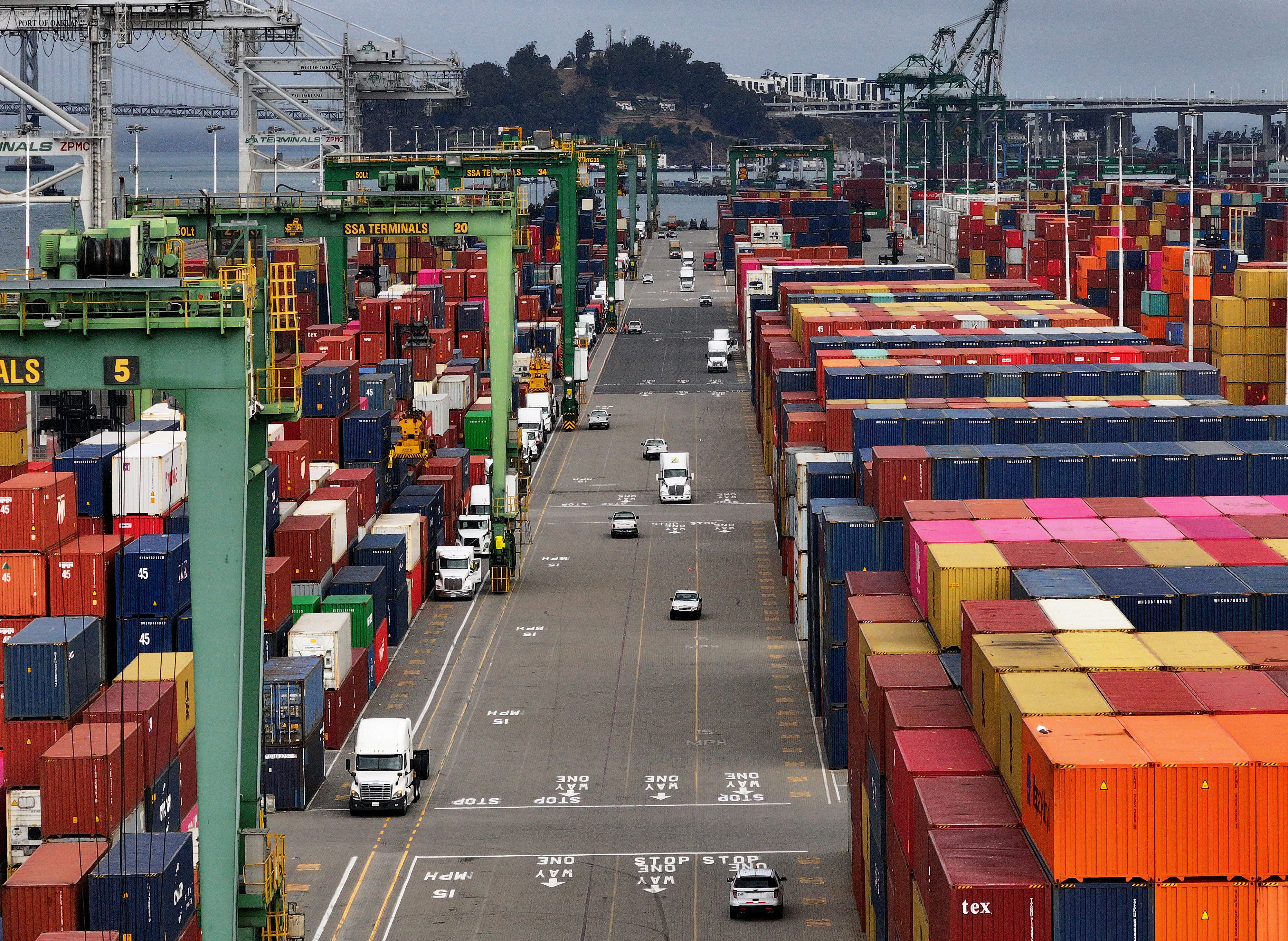New tariffs spark new scams — how to stay safe

The Rise of Tariff Scams and How to Stay Protected
As new tariffs dominate the news, scammers are quick to exploit the confusion surrounding government regulations. While there may not be official reports of tariff-related scams in your area yet, consumers are already reporting suspicious situations. These scams are spreading across the country, using the complexity of changing tariffs to trick people into paying unnecessary fees or falling for fake relief programs.
The most common tactics involve phishing emails, text messages, or social media posts that claim you owe customs or tariff fees on a recent purchase. Some scammers offer fake “tariff relief” programs, promising rebates or gift cards but directing victims to counterfeit government websites. Others pose as customs agents, shipping companies, or brokers, claiming that your package is being held until you pay a fee.
These scams often use real tariff news to create a sense of urgency, making it harder for people to recognize the fraud. Shady online sellers might blame “new tariff rules” for shipping delays or demand extra payments after checkout. Since some legitimate businesses do apply tariff surcharges, these scams can seem more believable.
Red Flags of Tariff Scams
There are several warning signs that can help you spot a scam:
- The seller blames tariffs or customs issues for excessive shipping delays.
- You’re asked to pay additional fees after placing your order — often with pressure to act fast.
- Tracking numbers don’t work, or they show delivery to the wrong address or state.
- Customer service becomes scripted, unhelpful, or disappears entirely.
- The message or website you receive references real tariff news but comes from a non-“.gov” address or suspicious link.
If someone claims your package is stuck in customs or demands more money, consider it a red flag. Consumers typically don’t have to pay tariffs after placing an order. Don’t use the contact info provided in the message — look up the agency or shipping company yourself to verify.
How to Avoid Tariff Scams
When in doubt, always double-check. Look for misspellings, poor grammar, or odd-looking URLs in any message or website. Legitimate government emails nearly always end in “.gov.” Use a credit card for online purchases — it offers better fraud protection than debit cards or payment apps.
Always verify any unexpected customs or delivery claims directly with the shipping company or a trusted source before paying or sharing personal information. If you encounter a scam, report it to BBB.org/ScamTracker to help warn others.
A Major FTC Settlement in a Business Opportunity Scam
In a separate case, the Federal Trade Commission (FTC) recently reached a settlement against FBA Machine and its owner, Bratislav Rozenfeld. The FTC alleged that the company falsely guaranteed consumers could make money operating online storefronts using AI-powered software. The defendants allegedly failed to deliver on promised earnings and defrauded consumers out of over $15 million.
As a result of the FTC’s complaint, a federal court issued an order temporarily halting the scheme and putting the situation under the control of a court-appointed administrator. The proposed order bans FBA Machine and Rozenfeld from advertising, marketing, distributing, promoting, or offering business opportunities. It also prohibits them from making the specific misrepresentations alleged in the complaint.
The proposed order includes a total monetary judgment of $15.7 million, which is partially suspended based on the defendants’ inability to pay the full amount. If the defendants are found to have lied to the FTC about their financial status, the full judgment would be immediately payable.
Staying Informed and Protecting Your Money
Wallet Warnings remains committed to helping consumers safeguard their money. If you have questions or need additional information about anything discussed here, reach out to (901) 222-0206.
Your hard-earned money deserves protection, and staying informed is the first step in avoiding scams, fraud, and predatory lenders.
Shelby County Trustee Regina Morrison Newman writes the regular Wallet Warnings column.
Post a Comment for "New tariffs spark new scams — how to stay safe"
Post a Comment